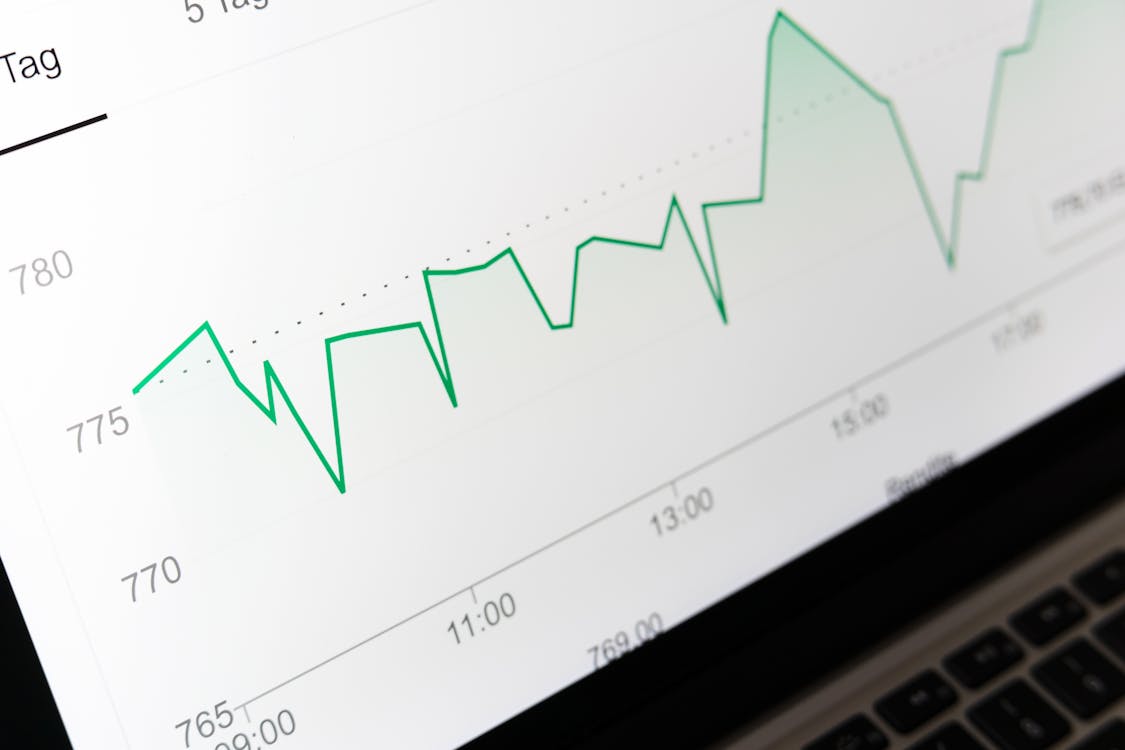Game Theory In Crazy Town

Image Source: Pexels
Imagine a young child asks you to play with them.They say they have an invisible unicorn in their room. One response is to play along—perhaps you might suggest that you have an invisible penguin, and ask if it could play with the unicorn.
The US government has recently become obsessed with “bilateral trade deficits”, which is a nonsensical concept to most economists. (What’s your trade deficit with Starbucks?) But based on a recent article in the Financial Times, the Europeans seem to be willing to play along:
Brussels wants to increase purchases of US goods by €50bn to address the “problem” in the trade relationship, the EU’s top negotiator has said, adding that the bloc is making “certain progress” towards striking a deal. . . .
Šefčovič said the key argument he was making to US trade representative Jamieson Greer and commerce secretary Howard Lutnick was taking account of American services exports to the EU, which would bring the overall trade deficit with Europe to only about €50bn.
That could be closed rapidly with deals to purchase more US gas and agricultural products, he said.
“If what we are looking at as a problem in the deficit is €50bn, I believe that we can really . . . solve this problem very quickly through LNG purchases, through some agricultural products like soyabeans, or other areas,” Sefcovic said.
Of course, the European purchase of an additional $50 billion worth of soybeans and natural gas would do almost nothing to reduce the overall US trade deficit, but it would reduce the US bilateral trade deficit with Europe (while enlarging the deficit by an equal amount with other countries.) This is due to the fact that commodities are fungible, or easily interchangeable.
Suppose that Europe had previous been purchasing soybeans from Brazil and natural gas from Qatar. And suppose that East Asian countries had been buying soybeans and natural gas from the US. Commodity trade could be rerouted such that Europe now bought its soybeans and natural gas from the US, while Brazilian soybeans and Qatari gas was rerouted to East Asia. Nothing would change except that transportation costs would be a bit higher, making the world a bit poorer.
In the kabuki theatre of American politics this might be viewed as a “big win”. After all, we now live in an imaginary world where nothing is real. A world where the administration saved 258,000,000 American lives (probably including your life), just in the past three months. That’s 3/4th of the US population.
The Europeans seem to have realized that if America wishes to play in this imaginary world, their best strategy is to play along, to humor the administration by pretending that bilateral trade deficits are real.
More By This Author:
Tariffs And The EconomyTrade Deficits Forever?
Trade As A Scapegoat



